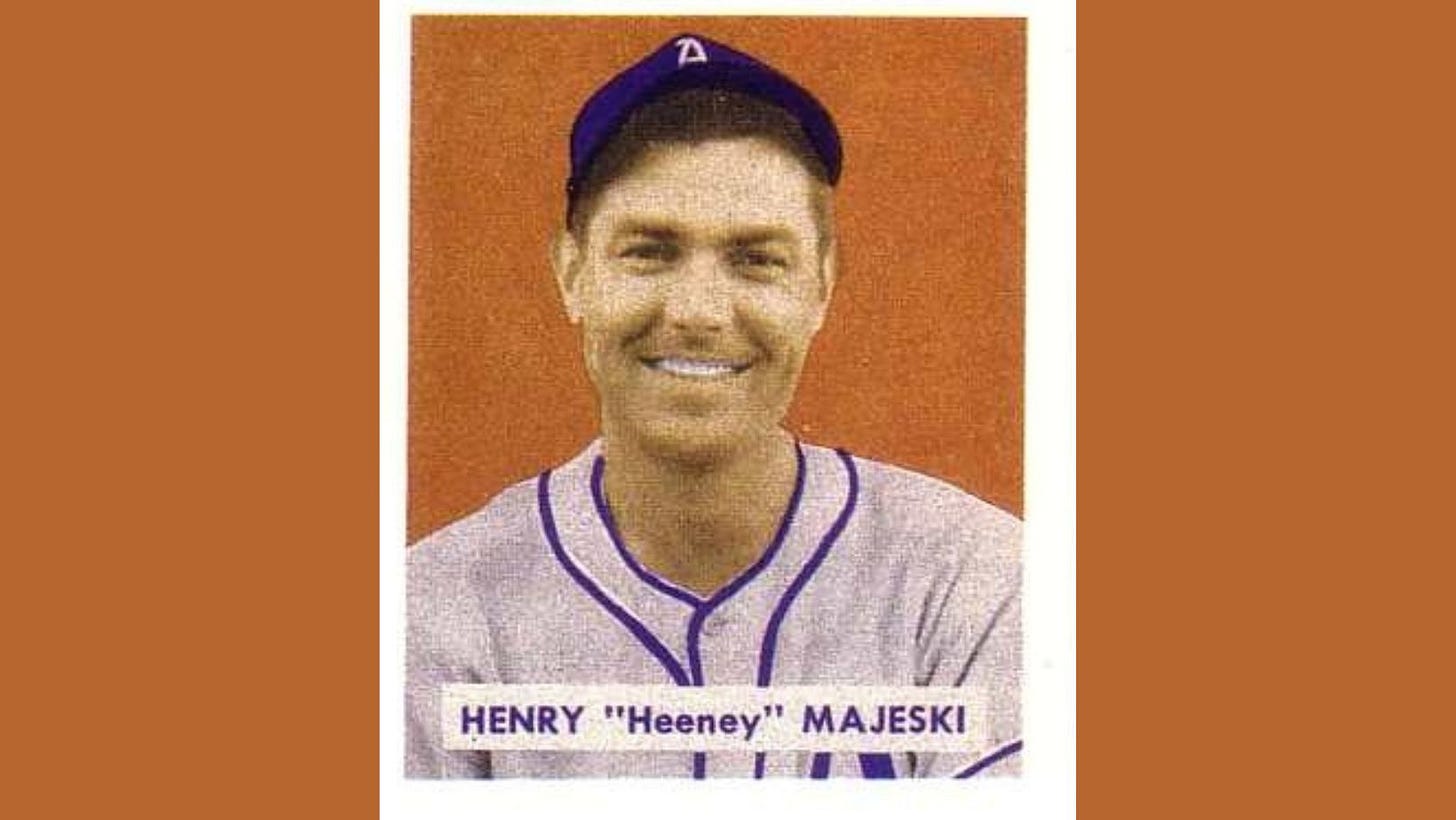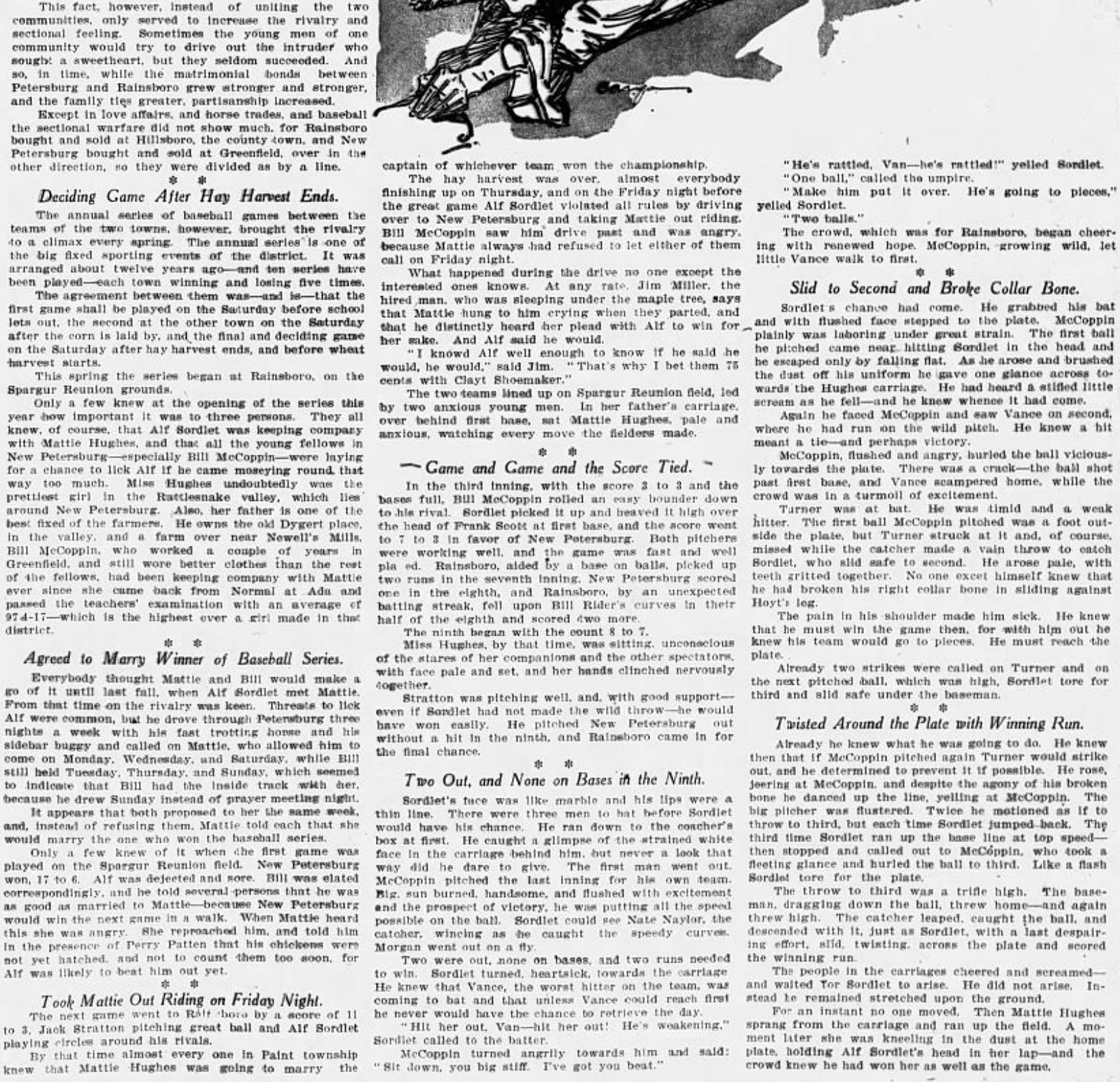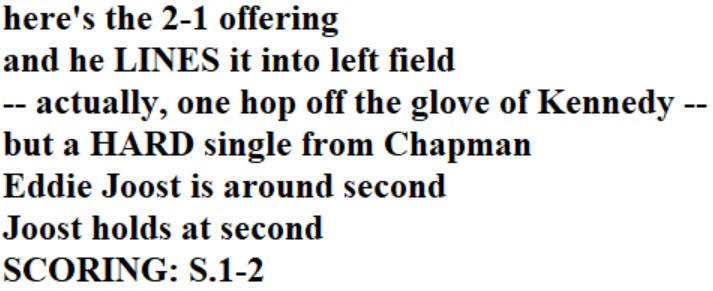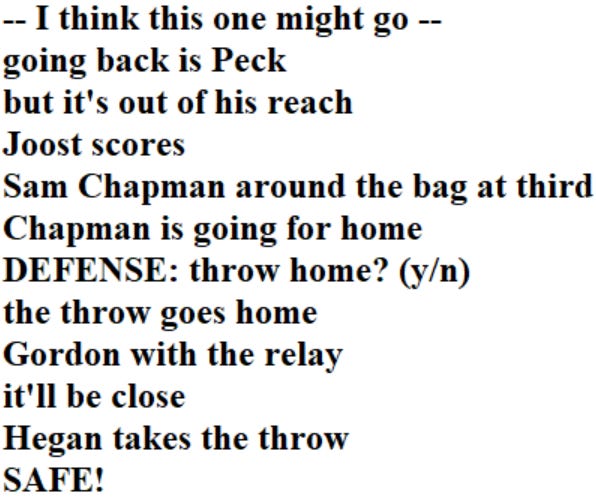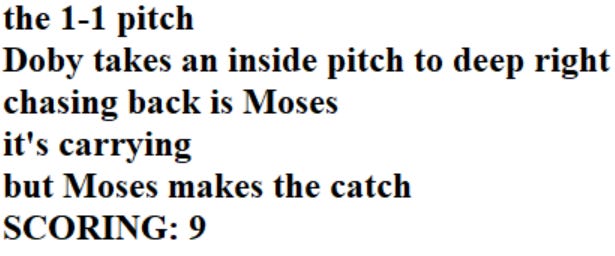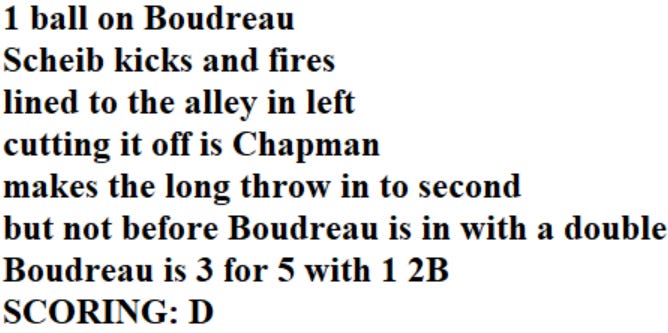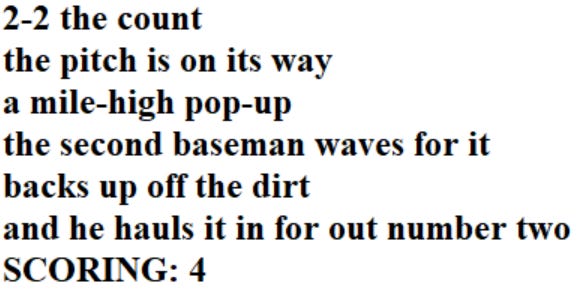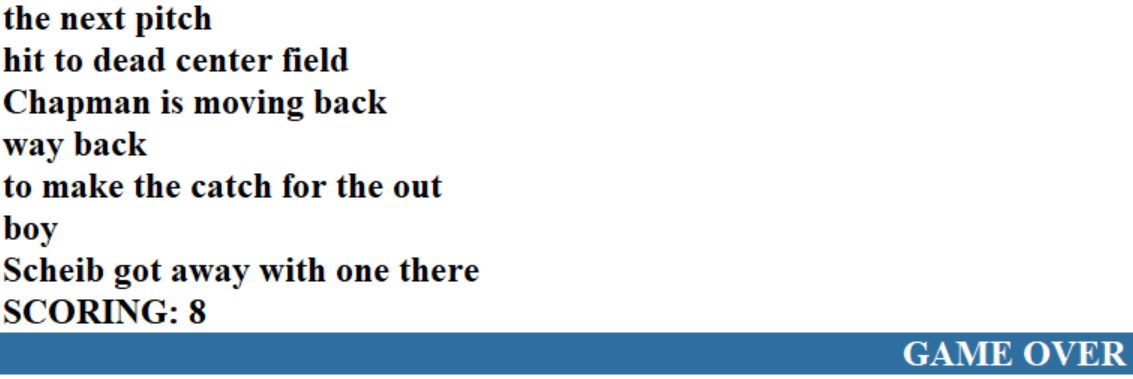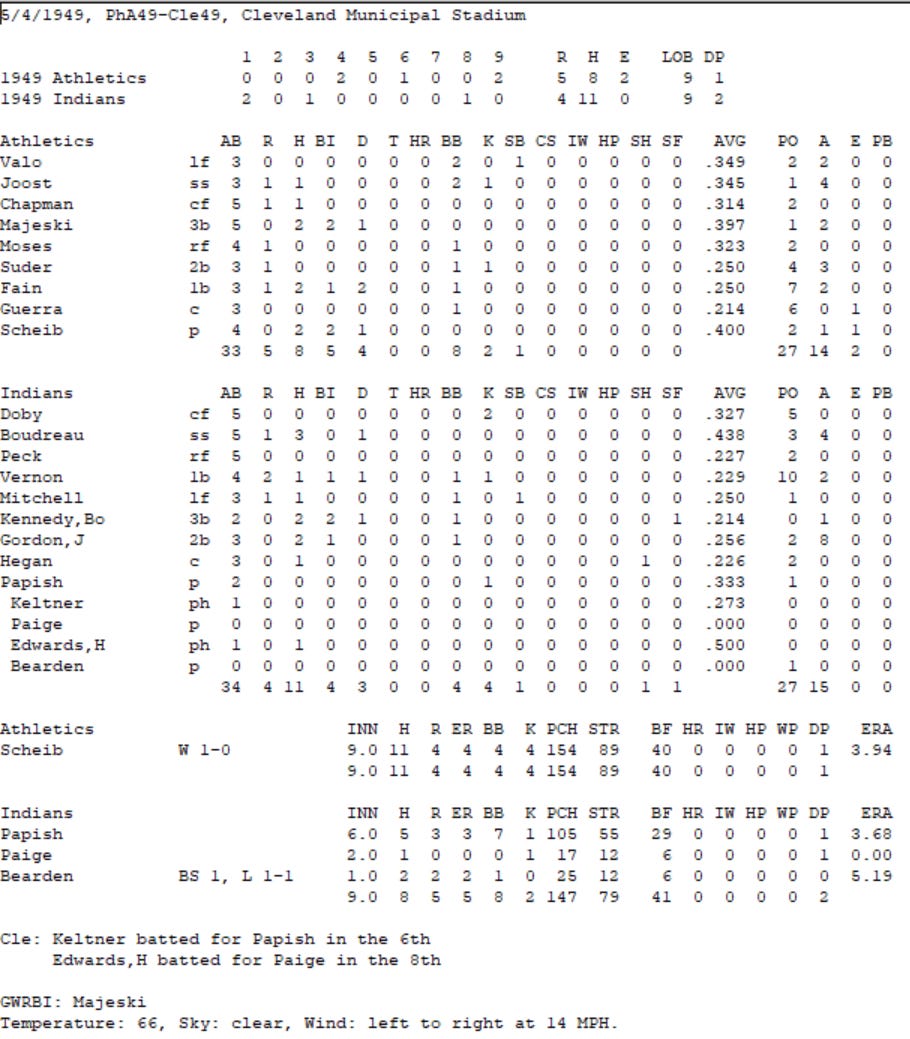Comeback with None on Bases
I love cliché-ridden baseball prose.
One of the problems of modern baseball writing is that it’s too straight and to-the-fact. We spend all of our time sharpening our rulers and polishing our regressions, throwing statistics at each other like some twisted numerical pillow fight.
We need more romance in the game, more passion. We need less of a focus on empty statistics and more of a focus on great stories.
The Old Story
You remember this post, don’t you? I mentioned a story in there that was circulated from paper to paper.
It’s the classic story of Alfred Sordlet, captain of the local team in Rainsboro, Ohio, who plays against the hated New Petersburg club, with life and love both on the line.
Here’s an excerpt of most of the story, as printed in The Chicago Tribune in 1906:
As you’ll recall, I found this story because of that ominous phrase: “Two were out, none on bases, and two runs needed to win.”
Well, we kind of had that situation in this game, though without the romance.
Romantic Comeback
Sadly, the comeback in this game wasn’t quite the same. The heroes at the forefront — Eddie Joost, Sam Chapman, and Hank Majeski — were all married in 1949. Sadly, there’s no Mattie Hughes in this story, nor is there the gruesome task of the winning run being manufactured one broken bone at a time.
Still, the 1949 Cleveland Indians do somewhat resemble New Petersburg. Well, they were located in Ohio, at least.
Joost came up against Gene Bearden in the top of the 9th with two men out and none on bases. It was do-or-die time for the Athletics, and Joost did, reaching base with a clean single.
Then came Chapman:
You want runners on first and second in this situation. There’s no way I was going to walk Majeski — especially not with two men out. And here’s what Hank did:
I guess we can imagine Chapman twisting his body around to narrowly avoid the tag. Of course, he wasn’t injured quite the way that Sordlet was. There was still a half inning of defense to play, after all.
Meanwhile, Majeski’s average went up to .397, challenging Dom DiMaggio for the top spot in the American League batting race.
Counterattack
Of course, this probably wouldn’t be much of a story if the Indians didn’t push to come back in the bottom of the 9th.
Larry Doby led things off for Cleveland:
That brought up player-manager Lou Boudreau:
One of the advantages of having a player-manager is that he can lead by example in situations like this. Boudreau was now on second, and Cleveland had two good chances to score the tying run.
I probably should mention that Boudreau is hitting .438 at the moment. It’s a “quiet” .438, I guess.
Up came Hal Peck:
Peck is a good hitter, which is my excuse for not bunting with him. In retrospect, though, I probably should have.
The last chance was Mickey Vernon, another strong hitter:
Romance does reign in Ohio after all.
Lost in all the story and the noise was an excellent performance by Carl Scheib. Scheib overcame early struggles and a quick 2-0 deficit to hold back the World Champions and earn the win.




